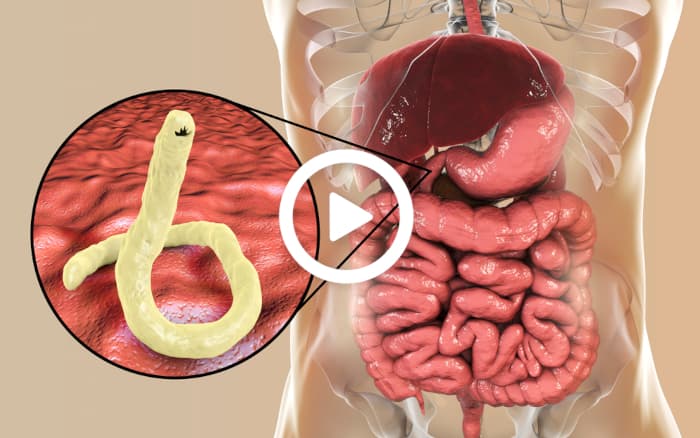Can The Keto Diet Prevent Cancer? - Doctor Reacts
The relationship between diets and disease prevention has long intrigued medical experts and laypersons alike. In a recent discussion led by Dr. Eric Westman, emerging insights into the potential for ketogenic diets to impact cancer metabolism were explored, promisingly but cautiously.
Nick Norwitz, a pioneering medical student at Harvard University, delved into why ketones might serve as pivotal players in the fight against cancer. Contrary to common conceptions of keto diets solely subtracting carbohydrates, Norwitz presents a different perspective.
Norwitz suggests that ketones are more than alternate body fuels; they are hormone-like molecules that can steer and rewrite metabolic pathways to disrupt cancer growth signals. This hypothesis rests on the assertion that ketones work not just by depriving cancer cells of glucose, but by adding beneficial metabolic mechanisms.
Ketones, specifically beta-hydroxybutyrate, have been highlighted for their role in inhibiting enzymes critical for glycolysis—a major sugar break down process that cancer cells exploit for fast growth. New studies suggest that this ketone might attach to an enzyme called aldolase B, restricting the cancer's energy pathways akin to cutting off the fuel supply for growth.
While these findings are revolutionary, Norwitz cautions the public and clinicians that these theories are not yet validated through extensive clinical trials. This emerging science requires awareness and understanding but should not yet transform oncological treatment standards.
Early studies offer hope, but science demands rigorous testing to ensure safety and efficacy beyond anecdotal success.
This underscores the imperative for multifaceted cancer management teams that include both traditional oncological and experimental metabolic tactics, without premature reliance on the latter.
There's growing interest in whether ketogenic supplements, such as ketone drinks or pills, can be used alongside traditional treatments. Intensifying focus on whether maintaining ketone bodies en masse, independent of full dietary changes, could assist in oncological exigencies holds a promising yet distant promise.
Although current palatability remains a hurdle, the evolution of such supplements in tandem with comprehensive metabolic therapies could represent a frontier in personalized cancer care.
Dr. Westman concludes with a pragmatic approach, endorsing education for patients probing potential dietary shifts. The conveyed excitement must be balanced against the rigorous demands of further scientific vetting, albeit with an openness to integrating these burgeoning insights prudently within existing therapeutic regimes.
He persistently encourages patient empowerment through well-rounded dietary understanding and cross-dialogue in credible medical forums—a reminder that complex diseases like cancer demand combination strategies reflecting broad, still-evolving evidence bases.
From Around The Web
Wellness Inbox is a blog & weekly newsletter that curates trending news and products related to health and wellness from around the web. We also gather content from various sources, including leading health professionals, and deliver it directly to you.
Please note that we may receive compensation if you purchase any products featured in our newsletter. Wellness Inbox is not affiliated with, nor does it endorse, any health professionals whose content may appear in our newsletter. The information provided is for general informational purposes only and should not be considered medical advice.
The information provided is not intended to replace professional medical advice, diagnosis, or treatment. All content, including text, graphics, images, and information available is for general informational purposes only. We do not guarantee the accuracy or completeness of any information presented and assume no liability for any errors or omissions. The content is subject to change without notice. We encourage you to verify any information with other reliable sources and consult your physician regarding any medical conditions or treatments.






